Sermon Notes | From Anointing to Resurrection | Sermon Video
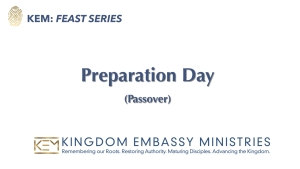 Asking questions is one of the most effective ways to engage the mind on a deeper level. Paul and Y’shua used this rabbinic style often and it has continued to stir the imagination of Christians for two thousand years. A quick review of Romans, Paul’s Magnum Opus, and you will discover that ninety-two times he asked a question—each used to stitch together the fabric of the greatest theological treatise ever written—the canvas on which was painted the masterpiece of Christian doctrine. Y’shua was a skillful artist when asking provocative questions. “Who do men say that I am?” challenged Peter to confess, ”You are the Messiah, the Son of the living God.” And, what might be His most alluring question of all, is one that Y’shua left blank—the conclusion for you to discover.
Asking questions is one of the most effective ways to engage the mind on a deeper level. Paul and Y’shua used this rabbinic style often and it has continued to stir the imagination of Christians for two thousand years. A quick review of Romans, Paul’s Magnum Opus, and you will discover that ninety-two times he asked a question—each used to stitch together the fabric of the greatest theological treatise ever written—the canvas on which was painted the masterpiece of Christian doctrine. Y’shua was a skillful artist when asking provocative questions. “Who do men say that I am?” challenged Peter to confess, ”You are the Messiah, the Son of the living God.” And, what might be His most alluring question of all, is one that Y’shua left blank—the conclusion for you to discover.
“Who is the faithful and wise servant, whom his master made ruler over his estate, to feed the people at the proper time? Blessed is that servant whom, upon his return, the master finds so doing.” And there is one other variation of this teaching style to consider. At times, Y’shua used incendiary statements to inspire critical prophetic inquiries from His disciples, or from anyone else with ears to hear. “Assuredly, I say to you, not one stone shall be left here upon another, that shall not be thrown down.” This disturbing image of the crumbling temple later induced His disciples to ask privately, “Tell us, when will these things be? And what will be the sign of Your coming, and of the end of the age?” One such directive prompted a question from His disciples that you too might ask yourself. And coming from a modern-day Christian makes it even more flammable than His disciples’ urgent appeal 2000 years ago! “Go and prepare the Passover for us, that we may eat.” Their expected reaction, “Where do You want us to prepare for You to eat the Passover?” Now ask yourself the same question… “How will I prepare for the Passover that we may eat?”

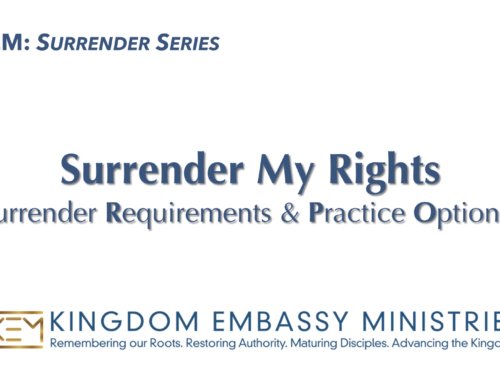
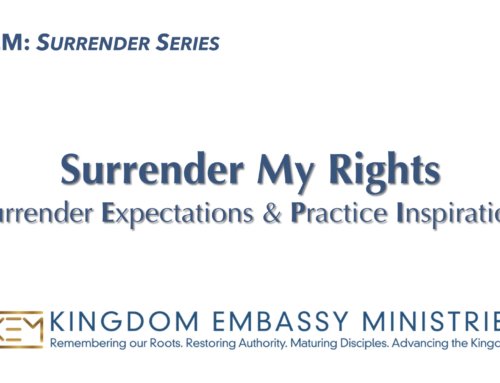

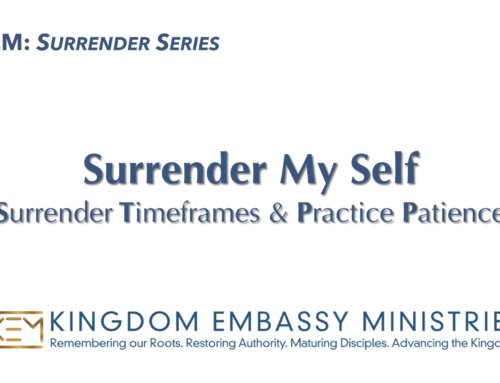
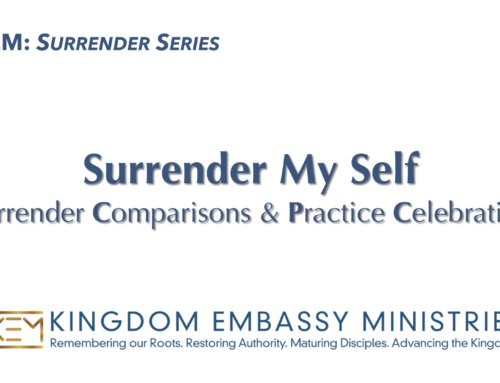
Leave A Comment